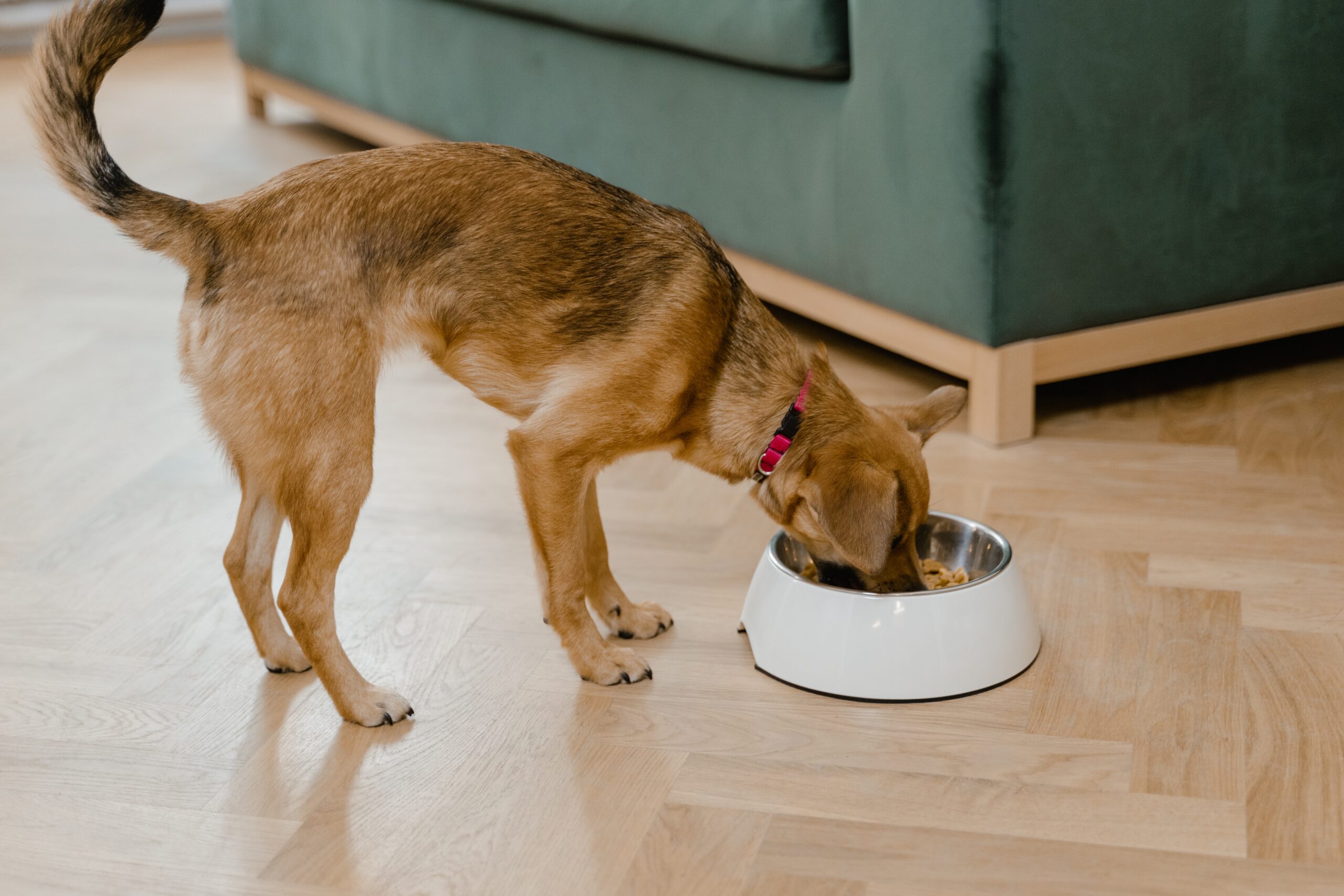
Introduction:
When it comes to our furry companions, ensuring they receive a balanced and nutritious diet is crucial for their overall health and well-being. Just like humans, dogs require a combination of essential nutrients to thrive. In this article, we will explore the healthiest way to feed your dog, covering key aspects of canine nutrition and offering practical tips for providing a well-rounded diet.
Balanced Nutrition:
The foundation of a healthy canine diet lies in providing a balanced mix of proteins, fats, carbohydrates, vitamins, and minerals. Dogs are omnivores, meaning they can benefit from a variety of food sources. High-quality commercial dog foods are formulated to meet these nutritional needs, making them a convenient and reliable option.
Choose High-Quality Dog Food:
for reputable dog food brands that prioritize quality ingredients. Look for labels that list a high percentage of animal-based proteins, such as chicken, beef, or fish. Avoid products with excessive fillers, artificial preservatives, and additives. Reading ingredient labels is crucial to ensuring your dog receives the best nutrition.
Consider Your Dog's Age and Size:
Dogs have different nutritional requirements at various life stages. Puppies, adult dogs, and seniors all have specific needs. Additionally, small breeds may have different requirements compared to larger breeds. Selecting dog food tailored to your pet's age, size, and breed ensures they receive appropriate nutrients for optimal health.
Portion Control:
Maintaining a healthy weight is vital for your dog's overall well-being. Be mindful of portion sizes, as overfeeding can lead to obesity and related health issues. Follow the recommended feeding guidelines on the dog food packaging, and monitor your dog's weight and body condition regularly.
Fresh Water:
Access to clean, fresh water is essential for dogs. Hydration is critical for digestion, nutrient absorption, and overall health. Make sure your dog always has access to water, and clean their water bowl regularly to prevent bacterial growth.
Supplements:
While high-quality dog food provides most essential nutrients, some dogs may benefit from supplements. Consult with your veterinarian before introducing any supplements, as excessive amounts of certain vitamins and minerals can have adverse effects.
Treats in Moderation:
Treats can be a great way to reward your dog, but they should be given in moderation. Many commercial treats are high in calories and may lack essential nutrients. Consider using healthy, dog-friendly treats or even offering small portions of fruits and vegetables as a nutritious alternative.
Home-Cooked Meals:
Some pet owners choose to prepare homemade meals for their dogs. If you opt for this route, consult with your veterinarian or a canine nutritionist to ensure the diet is well-balanced and meets your dog's specific needs. Homemade diets require careful planning to avoid nutritional deficiencies.
Conclusion:
Feeding your dog a healthy, well-balanced diet is a fundamental aspect of responsible pet ownership. By choosing high-quality commercial dog food, considering your dog's age and size, practicing portion control, providing fresh water, and consulting with your veterinarian when needed, you can ensure your furry friend receives the nutrition necessary for a long, happy, and healthy life. Remember, a well-fed dog is a happy dog!



